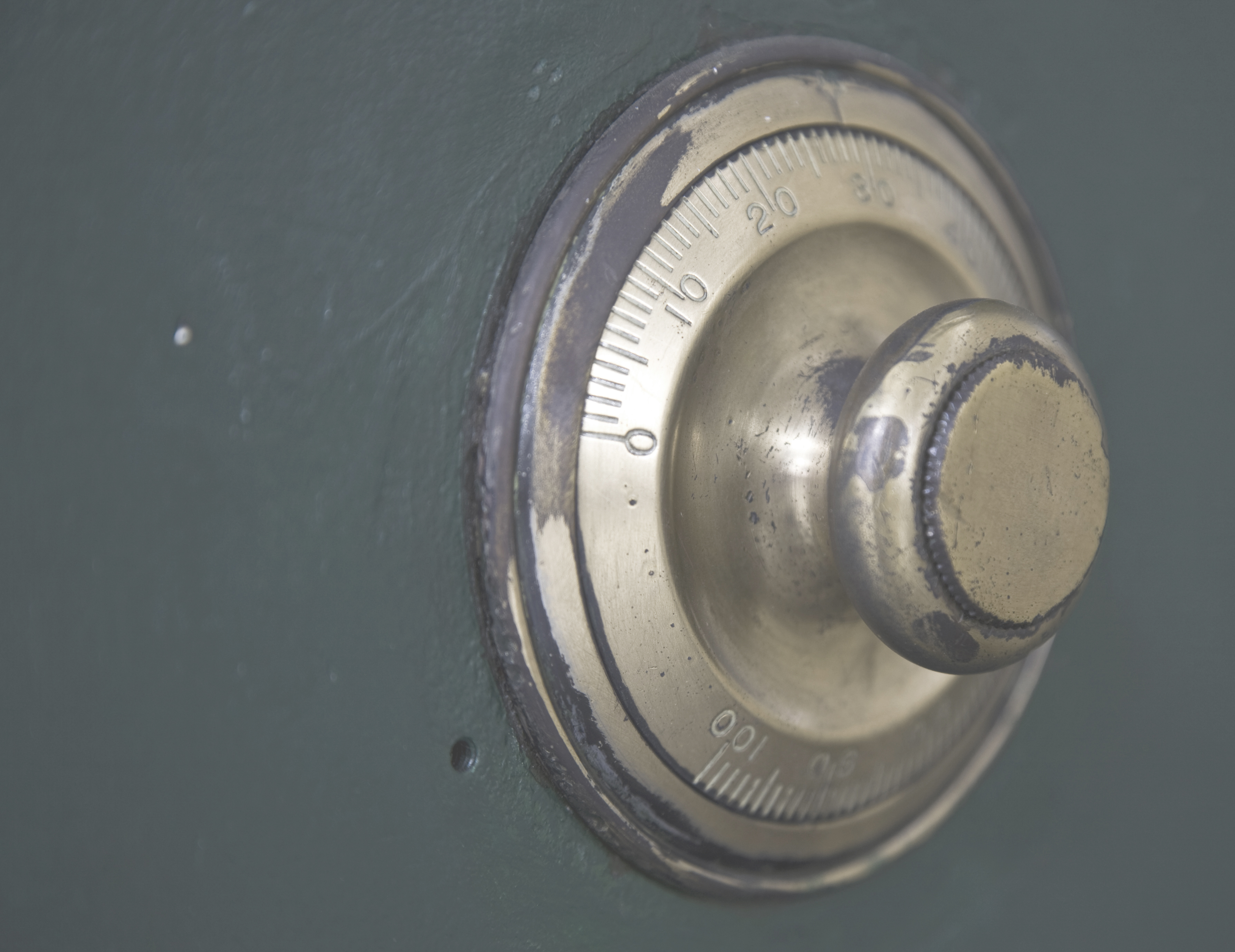The FCA announced in January this year that the average UK pension fund stands at £61,897. On one side of that scale there are those with no pension savings (a topic for another day!) and on the other side of the scale, there are those with significant pension savings – savings which might easily form a material part of the assets being considered as part of a divorce.
This was the case in the recent judgment in Finch v Baker [2021]. The couple met in 1990 and married in 1993. Twenty years later they had twins and soon after separated. Divorce proceedings ensued.
The wife had a successful career at the BBC and had amassed pension savings of over £2 million. The majority of the pension savings had been generated whilst the parties were married although there had been some growth after their separation.
In contrast to his wife, the husband, who was twelve years older than his wife, had not worked for some time and had built a small private pension of c£13,000 and was in receipt of the state pension.
There were several jointly owned properties with a combined net value of £2.17m.
When the assets were assessed as part of the divorce proceedings the District Judge adopted a needs-based analysis and concluded that non-pension assets should be divided in a manner which ensured the needs of the parties and their children were met. The wife was awarded 73% of the non-pension assets. In relation to the pensions assets the District Judge concluded that it would be unfair to make an order that did not provide both parties with equal retirement income. The resulting order provided the husband with 48.6% of the combined pension assets (resulting in a gross lump sum of £814,000, reduced to £630,000 after CGT).
The wife appealed the order, stating it was “unfair, illogical and wrong” to rely on the expert pension report, produced in March 2018, based on benefits as at October 2017, as the value of her BBC pension had increased since the parties’ separation, meaning the 48.6% share awarded to her husband resulted in a far higher pension income than would be suggested by the expert pension report, and indeed far higher than he needed. She also argued the order didn’t give due consideration to the children’s welfare or her role as their primary carer. The wife did not submit any further evidence to support these claims. Following a reassessment the Circuit Judge reduced the husband’s share of the pension assets to 34% (resulting in a gross annual pension income of £22,280 to be paid to him from his ex-wife’s pension arrangements).
The wife later sought clarification, submitting that an updated pensions report should be conducted to reflect the updated valuations. The request was dismissed on the grounds that it appeared to be an attempt to get evidence in through the backdoor.
This year the wife appealed once more, to the Court of Appeal, on 11 grounds, one being that the updated value of her BBC pension had not been taken into account. Fresh evidence was submitted, albeit it appeared to have been produced by the wife rather than an expert. The appeal was dismissed.
Whilst one may have a degree of sympathy for the wife in this case who felt her ex-husband should not benefit from the growth of her pension since the separation the simple reality is that there will, due to the nature of court proceedings, always be a delay between the date of an order and the date of implementation, resulting in a difference between the payment amounts.
It is also worth noting that there was little sympathy for the wife’s attempt to submit further evidence via the backdoor. Simply put, she (and her advisers) should have instructed and submitted expert evidence far earlier in the proceedings. An updated expert report submitted at the first appeal hearing may have resulted in a different outcome.
Whilst pensions are often an overlooked/forgotten asset they are becoming increasingly important in divorce proceedings. The maximum state pension is a mere £9,110 a year. This, combined with the tax advantages and inheritance planning opportunities, mean savvy savers are squirreling significant sums away into pension plans. If you or your clients are anticipating divorce proceedings where there are material pension assets we would encourage you to speak with a firm with expertise in family and pensions law – both Wedlake Bell strengths. If you would like us to put you in touch with a family lawyer at Wedlake Bell please do not hesitate to contact us.





